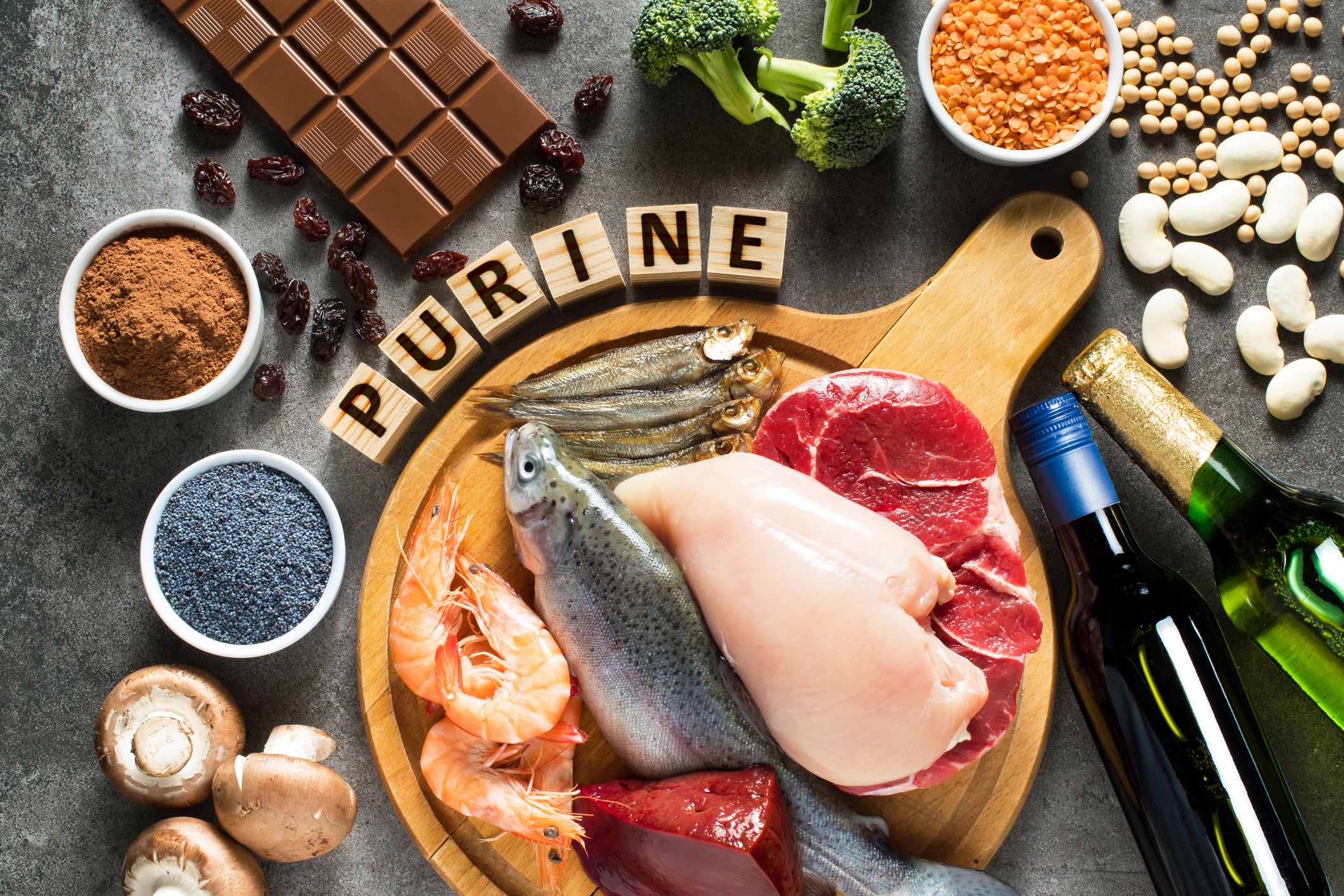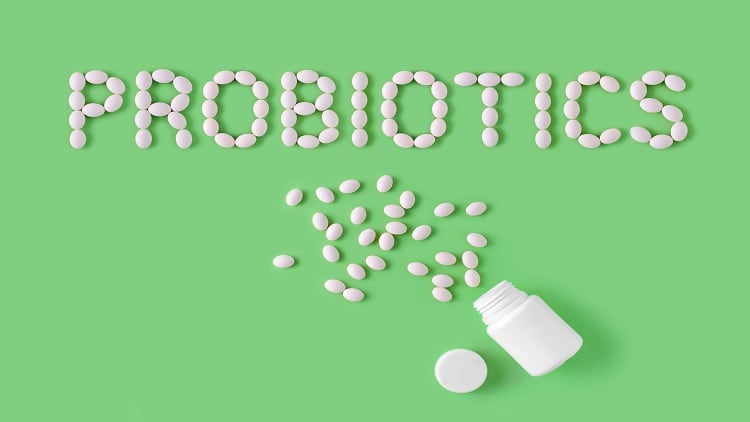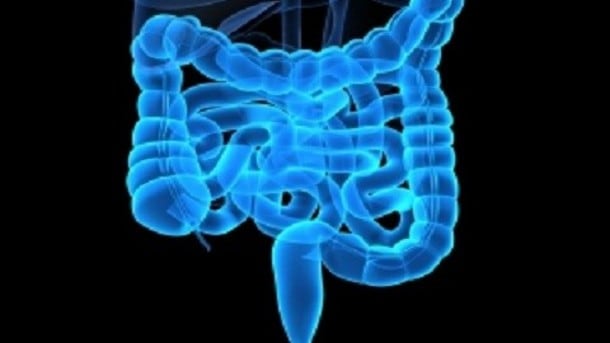The probiotic strain Lactiplantibacillus plantarum FS4722 was exhibited at the recent HI & FI Asia-China 2025 tradeshow held in Shanghai between June 24 and 26.
A brand that has launched a product containing the probiotic strain is LeliWell (乐力). The product, which comes in a sachet format, is aimed at supporting healthy uric acid levels.
Isolated from Chinese sauerkraut, the strain’s capability in regulating uric acid levels was proven by researchers from South China University of Technology.
So far, the strain has been shown to lower uric acid levels in mice induced with hyperuricemia through high-nucleoside or high-purine diets.
Uric acid is produced when purine is metabolized in the liver. As such, taking high-purine diets such as seafood can lead to a higher synthesis of uric acid.
Findings of the 14-day mice study, published in the journal Microbiome in 2023, reported that the probiotic strain could suppress uric acid synthesis in the liver.
“Enzymes involved in purine metabolism were downregulated by FS4722, as seen in the animal study,” Dr. Hsiao-Wen Huang, senior technical support scientist, told NutraIngredients at the tradeshow.
Mechanism of action
Specifically, the probiotic strain works by inhibiting the activity of two enzymes - namely xanthine oxidase (XOD) and purine nucleoside phosphorylase (PNP) - both play a role in urate synthesis.
Another mechanism of action is that the probiotic strain has been shown to degrade nucleosides - a form of purine - into nucleobases.
This process is noteworthy because it reduces the concentration of nucleosides, which are urate or uric acid precursors.
“The simultaneous conversion of nucleosides and uptake of nucleobases by L. plantarum might decrease their intestinal absorption in host, consequently decelerating the production of urate," wrote the researchers in the journal.
The third mechanism of action, is that the strain could downregulate the genetic expression of proteins that supports the re-absorption of uric acid in the kidneys.
This in turn increases the amount of uric acid reabsorbed that is passed out from the body via the kidneys.
The kidneys is responsible for filtering and passing out the majority of uric acid in the blood - at a rate of about 65%, Dr. Huang pointed out.
“It was found that the probiotic strain can reduce the synthesis of uric acid as well as increase the excretion of uric acid out of the body,” she said.
More importantly, she said that the strain could serve as a safer alternative to gout medications that could cause serious side effects.
“At the moment, medications used for regulating uric acid levels also work by suppressing xanthine oxidase - a crucial enzyme in the synthesis of uric acid,” she said.
Medications used to regulate uric acid levels work by suppressing xanthine oxidase in the liver and decreasing the reabsorption of uric acid in the kidneys.
While medication is essential especially when severely elevated uric acid levels as in the case of hyperuricemia can lead to serious metabolic complications, there is also the risk of causing side effects.
“These medications may cause serious side effects, be it liver toxicity, kidney problems, some could even cause cardiovascular diseases,” she said.
Lisa Chen, marketing director at Synbio Tech added that FS4722 is a functional probiotic ingredient—not a pharmaceutical drug— and is not intended to replace prescription medications.
However, it could serve as an adjunctive therapy for uric acid management.
“FS4722 adopts a multi-mechanistic approach to managing hyperuricemia, including inhibition of hepatic urate synthesis, enhancement of urate excretion, modulation of gut microbiota, and enzymatic degradation of urate precursors.
“This offers a promising and safe probiotic-based strategy for the prevention and management of uric acid-related disorders. FS4722 can be considered a gut-targeted approach and may serve as an adjunct therapy for uric acid management,” said Chen.
China’s gout sufferers profile
The company has launched the probiotic only in China at the moment due to two key reasons: 1) a comparatively higher number of people suffering from gout and 2) the drinking and hotpot culture across the country.
About 60% of China population between 18 and 35 years old suffer from high uric acid levels and gout, and the age of onset is decreasing, said Dr. Huang.
“In the past, people who suffer from high uric acid levels or gout are slightly older, these days however, there is a growing trend of younger adults suffering from these problems.”
On the other hand, alcohol drinking and consuming diets high in purine - such as seafood frequently consumed during hotpot - could increase uric acid levels.
Uric acid is produced after purines undergo metabolism in the liver.
Similarly, excessive alcohol drinking can lead to an increase in purine production, as alcohol metabolism uses ATP which releases purine and becomes uric acid after it is metabolized.
“There is also a culture of alcohol drinking and consuming purine-rich foods such as seafood, meat, hotpot in China, which is also leading to the growing prevalence of high uric acid levels and gout in China.”
As such, the target audience of FS4722 may include people who are already suffering from gout, or want to lower their risk of developing gout, or frequently consume purine-rich diets, as well as alcoholic beverages.
“For individuals with elevated uric acid levels that do not yet meet the threshold for pharmaceutical intervention, healthcare professionals may recommend dietary adjustments or lifestyle changes to help lower uric acid levels. These individuals are the primary target audience for our product," said Chen.
Aside from external factors such as dietary habits and tobacco smoking, high uric acid levels and gout could also be inherited.
For instance, gene mutations that reduce the ability of carrier proteins in discharging uric acid out of the body may be a reason causing high uric acid levels in the body.
Men are also more likely to develop gout than women, Dr. Huang added.
Upcoming clinical trial in China
The company is also planning to conduct a clinical trial assessing the effects of the probiotic strain in China.
The placebo-controlled trial, which is expected to last six to eight weeks, is expected to begin this year.
The goal is to recruit about 100 study participants.
So far, the company has conducted a small scale six-week testing on employees with high uric acid levels.
“We saw that across the board, there’s varying decrease in the amount of uric acid levels at an average of 10 per cent even as they maintained their original dietary habits,” said Dr. Huang.





